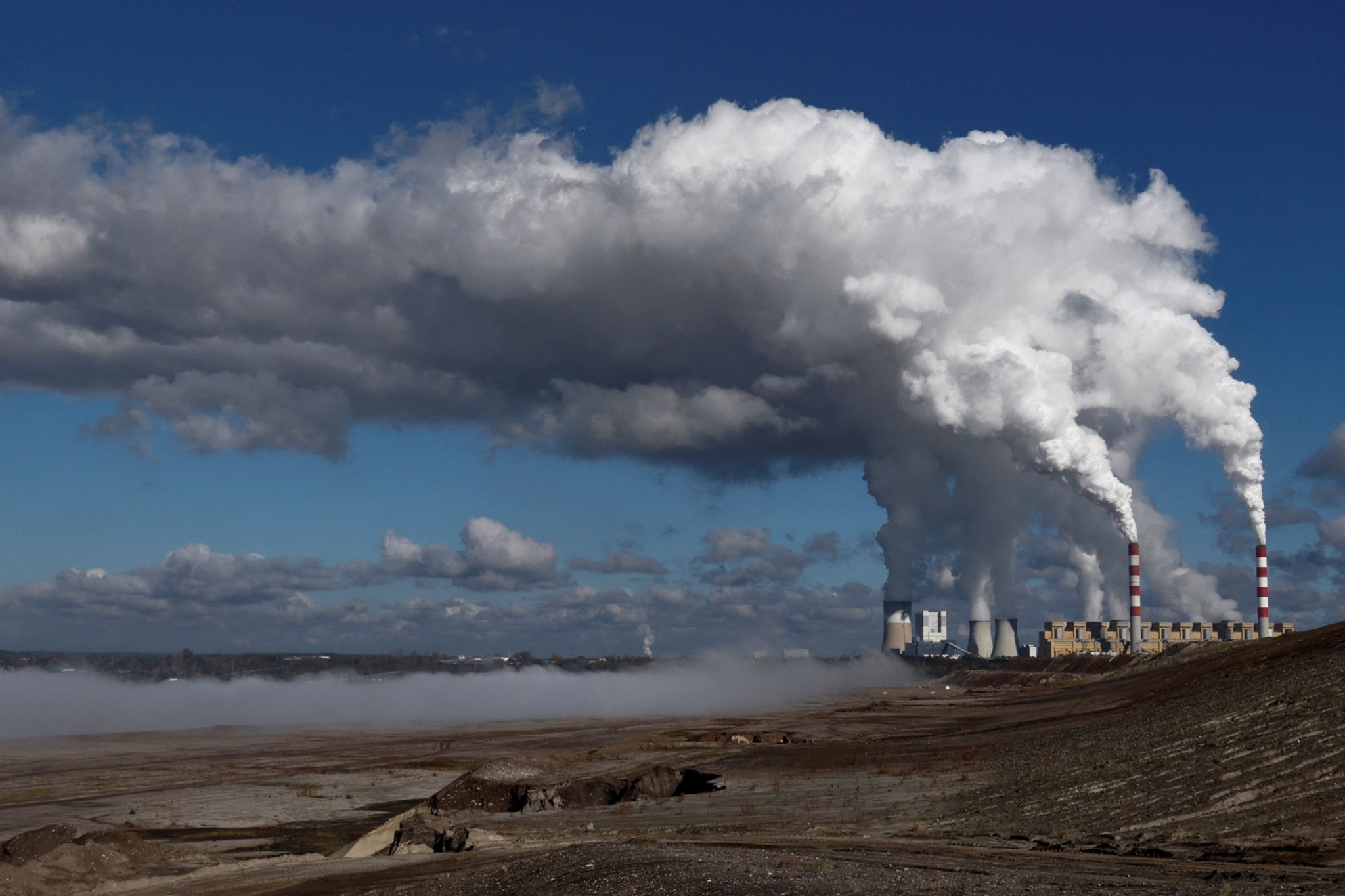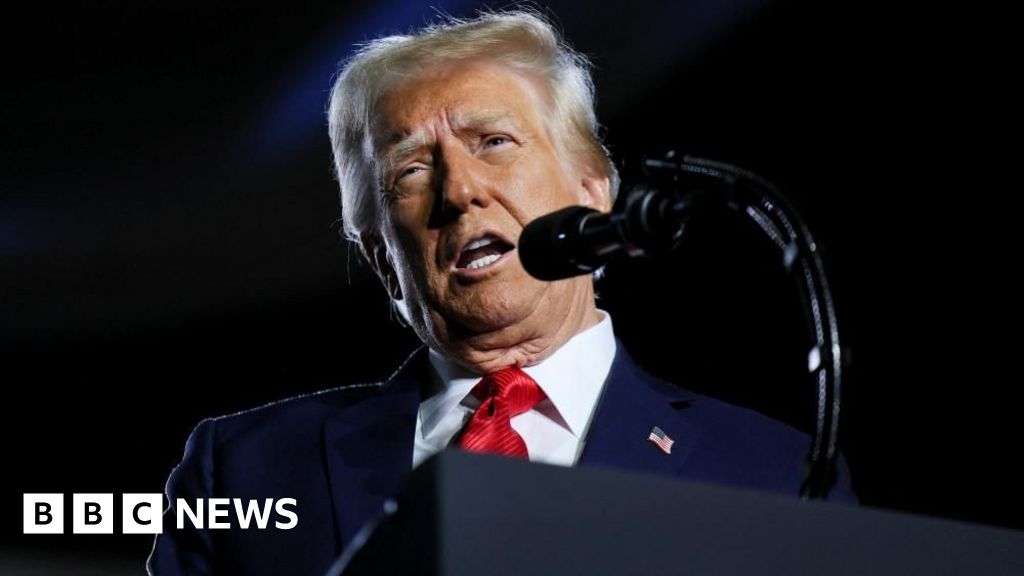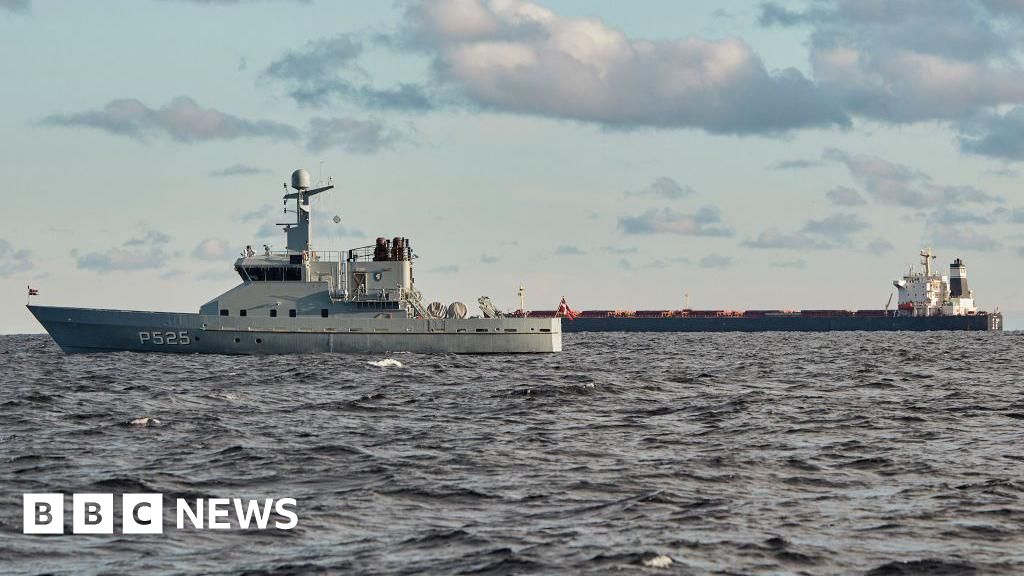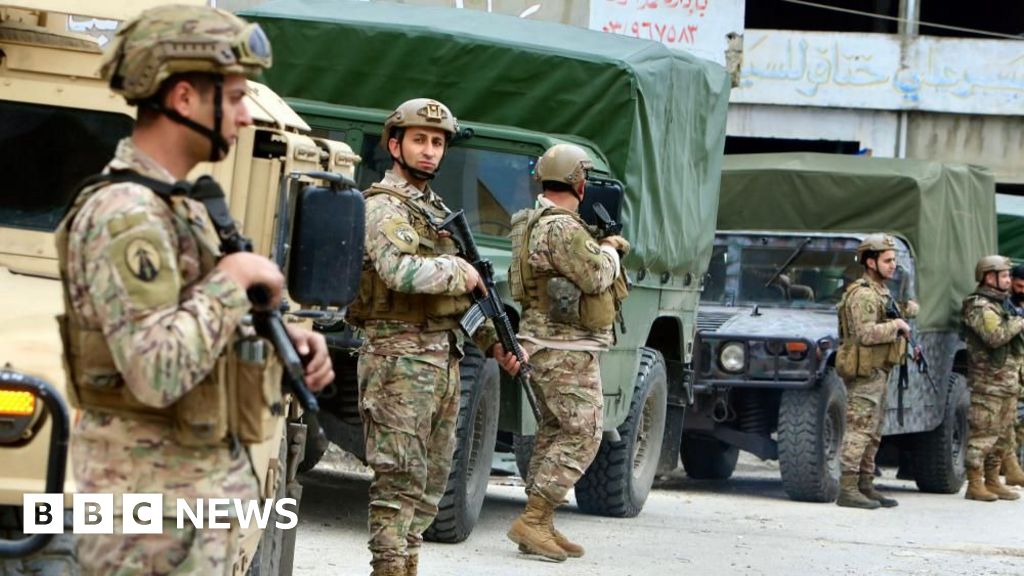ARTICLE AD BOX
 Image source, Reuters
Image source, Reuters
The future of fossil fuels is one of most contentious issues at COP28 in Dubai
By Justin Rowlatt
Climate editor
The UN climate change conference in Dubai is close to a big breakthrough on reducing the gases heating our planet, its United Arab Emirates hosts believe.
Expressing "cautious optimism", the UAE negotiating team believes COP28 is gearing up to commit to phasing down fossil fuels over coming decades.
Maybe even ditching them altogether.
Hosting a climate conference in a petrostate sounds like the beginning of a bad joke, but there are signs that it could deliver real progress on climate.
More on the COP28 climate summit
Surely working out how to get rid of fossil fuels is what this UN climate conference is all about, you are probably thinking.
But bizarre as it may sound, until just a couple of years ago fossil fuels were effectively "f-words" at these huge global gatherings - rarely ever uttered.
The first formal debate about their future was at COP26 in Glasgow in 2021 and the only commitment made there was a promise to "phase down" the dirtiest one of the lot, coal.
Let's be clear, a pledge now will not mean the world will stop using fossil fuels completely.
We are very unlikely to get any commitment on an expiry date, that would be far too controversial.
And "abated" fossil fuels will still be allowed. That is when the atmosphere-heating carbon dioxide they emit is captured to stop it causing climate change.
But at least the world will have acknowledged what has always been implied by these negotiations - that we need to deal with the main source of climate change.
That would be an historic first and an important step forward.
Image source, UN CLIMATE CHANGE/KIARA WORTH
Image caption,Sultan al-Jaber is the head of UAE state oil company Adnoc and president of COP28
So why might it happen here in the oil-rich UAE of all places?
A phase-out is in the text under discussion here in Dubai and is what the man in charge of these negotiations - Sultan al-Jaber, the president of COP28 and the head of UAE state oil company Adnoc - says he wants.
Much to his annoyance this desire has not been widely reported.
That is perhaps because Mr Jaber has been saying it in the kind of bureaucratic language only the most committed COP-heads understand.
He says he is the first COP president to encourage "parties to come forward with language on all the fossil fuels for the negotiated text".
He explains he is "engaging with all the parties" and wants them to come forward with "common grounds and consensus".
Confused? Here's my own crack at a translation:
"I've spoken to representatives of all the world's countries and urged them to agree in COP28's final text to phasing out the use of fossil fuels, or at least phasing them down."
Mr Jaber has repeatedly promised this summit will "take a new road", do "unprecedented" things and be "transformational".
Image source, CHRISTOPHER PIKE
Image caption,The Adnoc headquarters in Abu Dhabi, United Arab Emirates
Many readers may be surprised that the UAE, a country built on a foundation of oil money, might be trying to get the world to agree to stop using the stuff.
And you may have seen stories in recent days about Mr Jaber even questioning the science of global warming during COP28.
He insisted on Monday that his comments had been misinterpreted, adding: "I have said over and over again that the phase-down and the phase-out of fossil fuel is inevitable."
Mr Jaber was joined at a news conference by the head of the UN's Intergovernmental Panel on Climate Change, Prof Jim Skea.
Prof Skea explained that meeting the target of limiting global warming to 1.5C would mean getting rid of unabated coal completely by 2050. Oil will need to be cut by 60%, natural gas by 45%, he said.
So, even in 2050 the world will still need a lot of the stuff the UAE is so rich in. When Mr Jaber says the science has guided everything his team has done - which he has repeatedly done - this is the science he is talking about.
In short, the UAE has recognised the world has to kick its addiction to unabated fossil fuels and has decided to put itself decisively on the right side of history by owning the decision.
But yes, at the same time it is planning to increase capacity and sell even more oil.
Image source, Reuters
Image caption,Mr Jaber wants a deal, but are his guests on board?
OK, so the boss of the talks wants it to happen, but what makes him think he can get a deal?
More than 100 countries, including the US and the EU, have already said they want to see a phase-out of fossil fuels.
China has traditionally been a hold-out on the issue but a couple of weeks back there was a hint that its position might have changed.
For the first time it talked about targets for emissions reduction from electricity generation when US President Biden met President Xi of China at a summit in California.
And remember, China is far and away the world leader both in the production and installation of renewable technologies.
Russia has traditionally also been reluctant to support action on climate but the UAE team are very confident it can "be persuaded".
That suggests some sort of deal has probably been done and experts on Russian climate policy say that is very possible.
They say Russia takes a very "transactional" approach to these UN pledges, not least because Russian President Vladimir Putin - who's visiting the UAE and Saudi Arabia today - would not feel obliged to stick to any commitment anyway.
Image source, Reuters
Image caption,A lot hinges on Saudi Arabia
But, Mr Jaber still hasn't quite got it over the line.
His biggest problem is with his neighbour, Saudi Arabia - the world's second biggest producer of oil and gas (after the US).
The Saudi Energy Minister, Prince Abdulaziz bin Salman, was asked whether his country would support a promise to phase down fossil fuels in a TV interview in the Saudi capital Riyadh earlier this week. "Absolutely not," he replied.
But I have it from a reliable authority that the Saudi state oil behemoth, Aramco, supports just such a move.
Why? Because it would enhance the reputation of the country and make it easier for it to do business.
And one last thought for you. Saudi Arabia's leader, Mohammed bin Salman, has a very public modernisation agenda. His model is the UAE, with its gleaming global business hub, Dubai.
It's not in the bag yet, but keep an eye on Dubai.

 1 year ago
22
1 year ago
22








 English (US) ·
English (US) ·